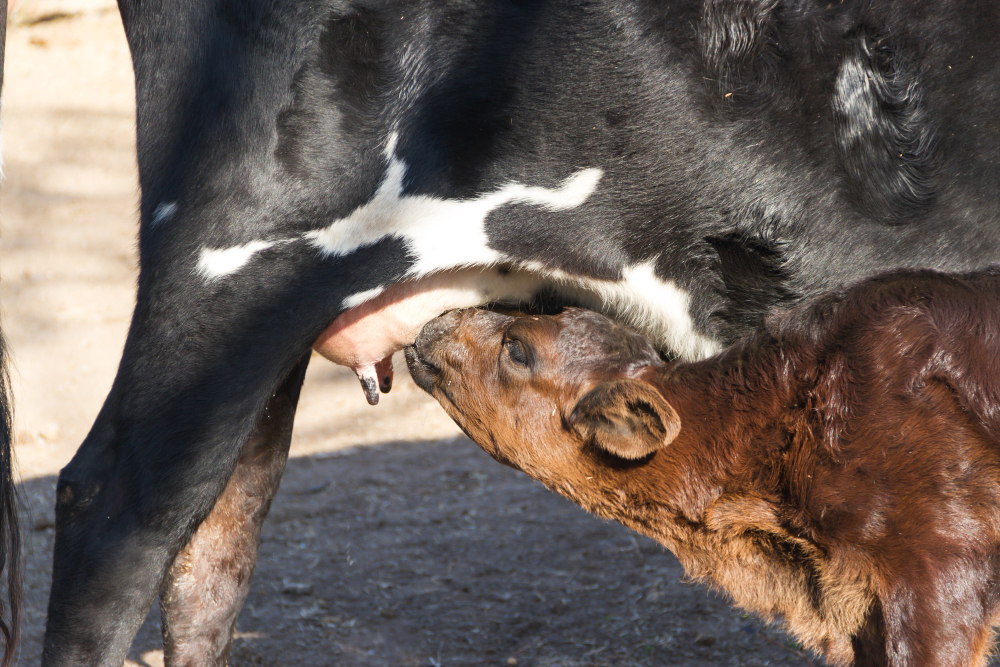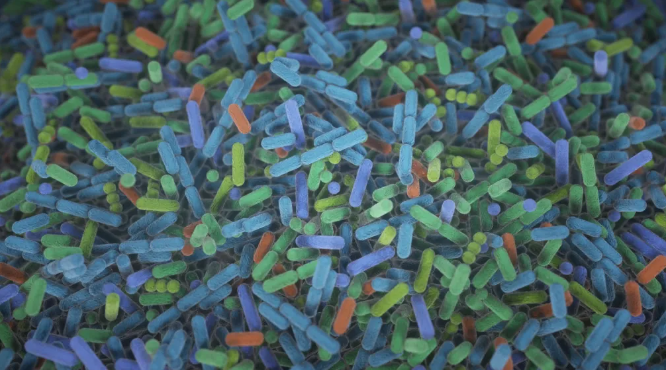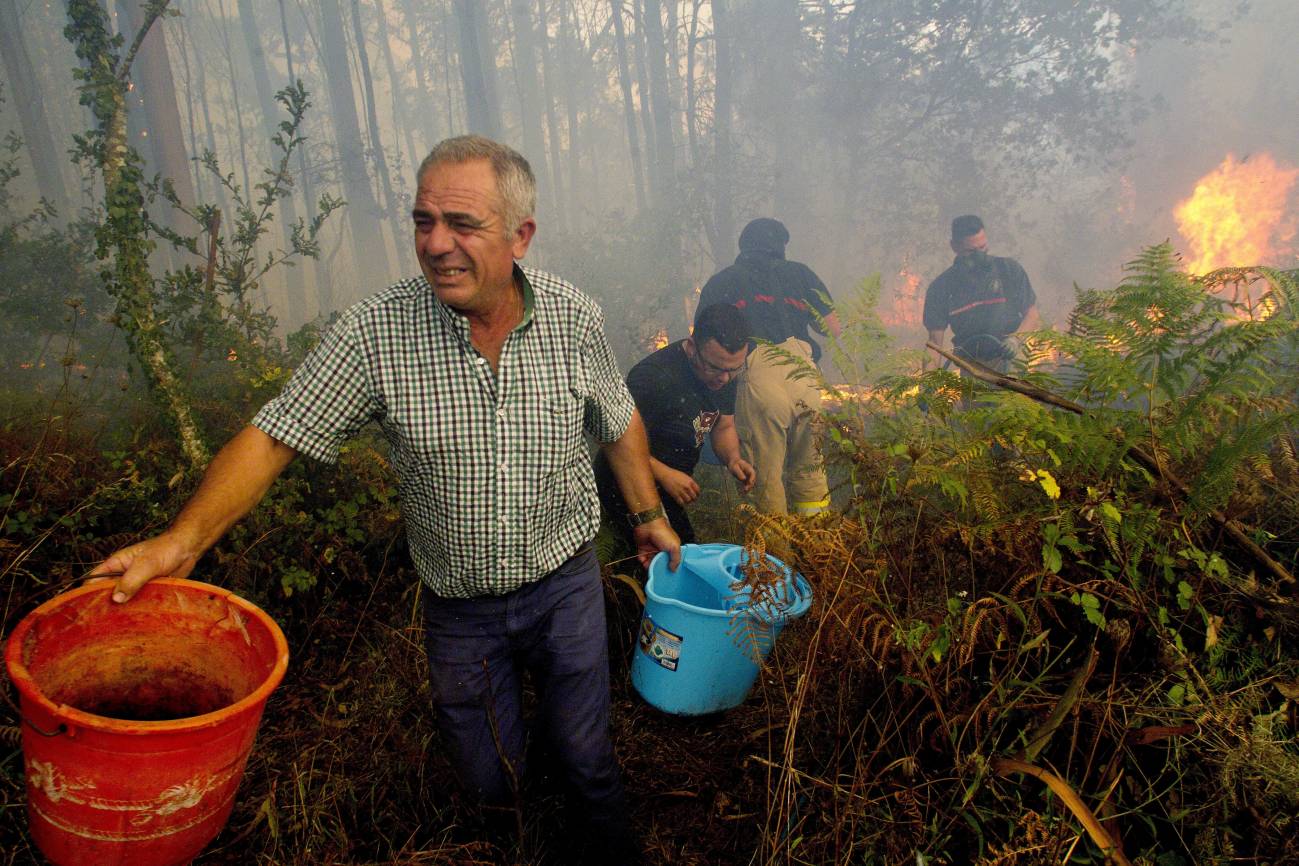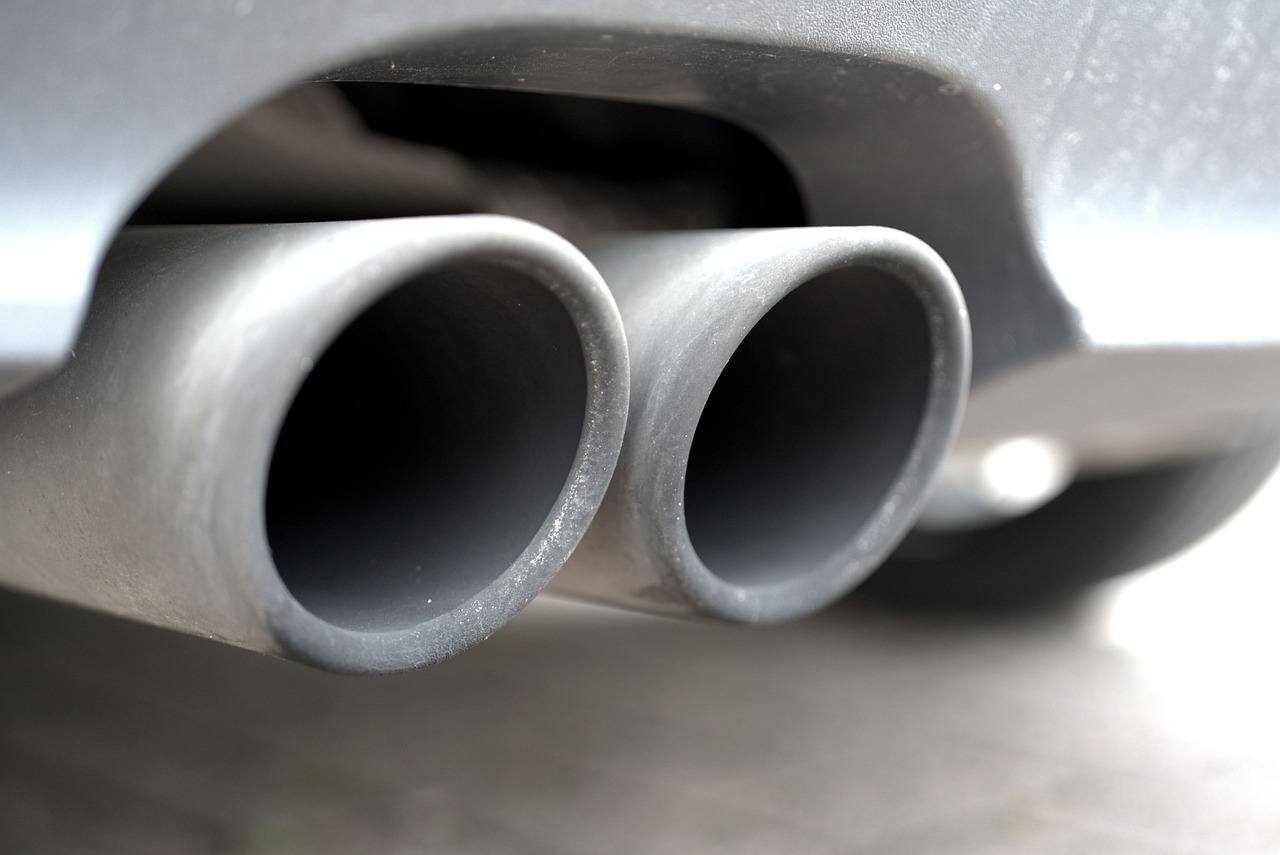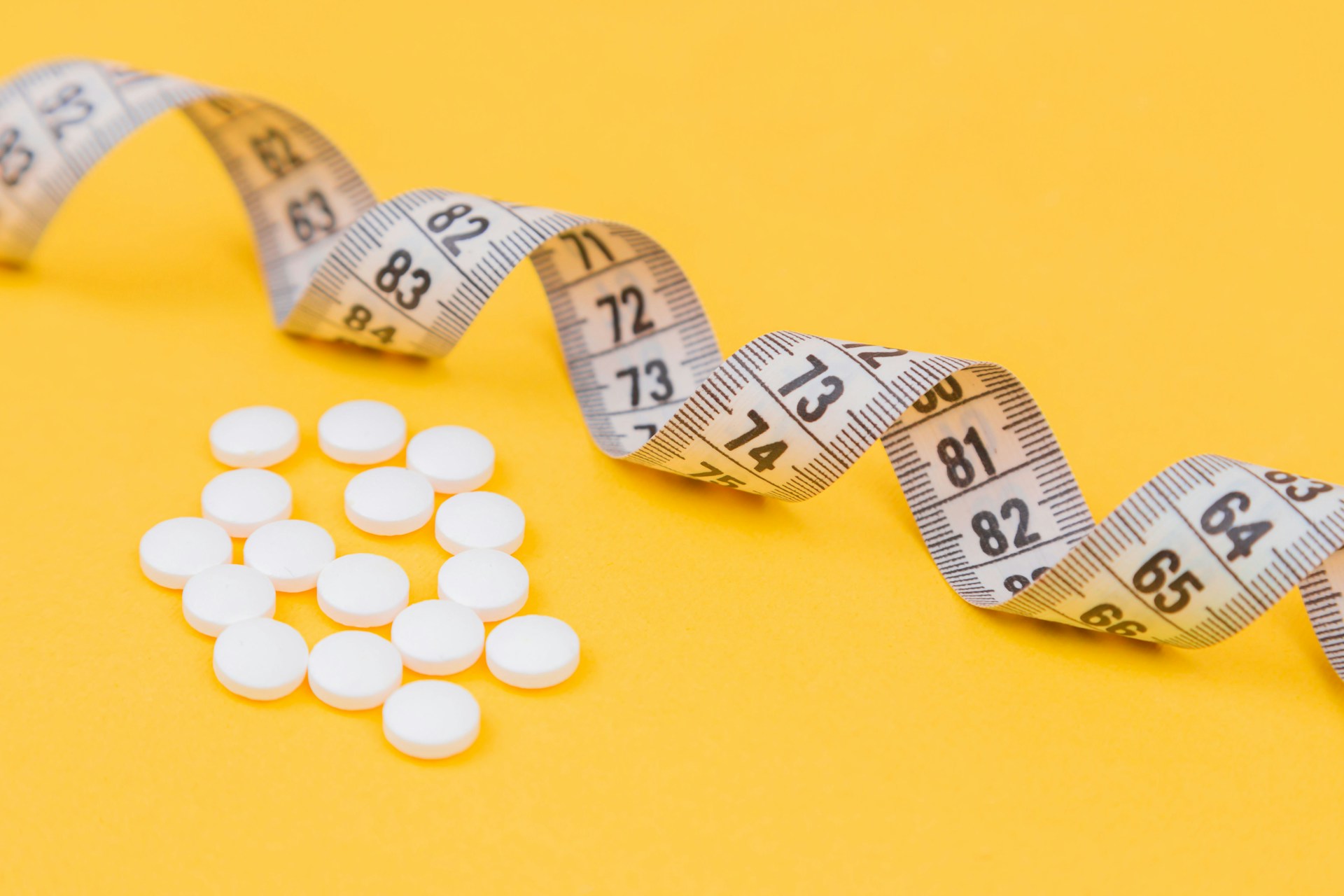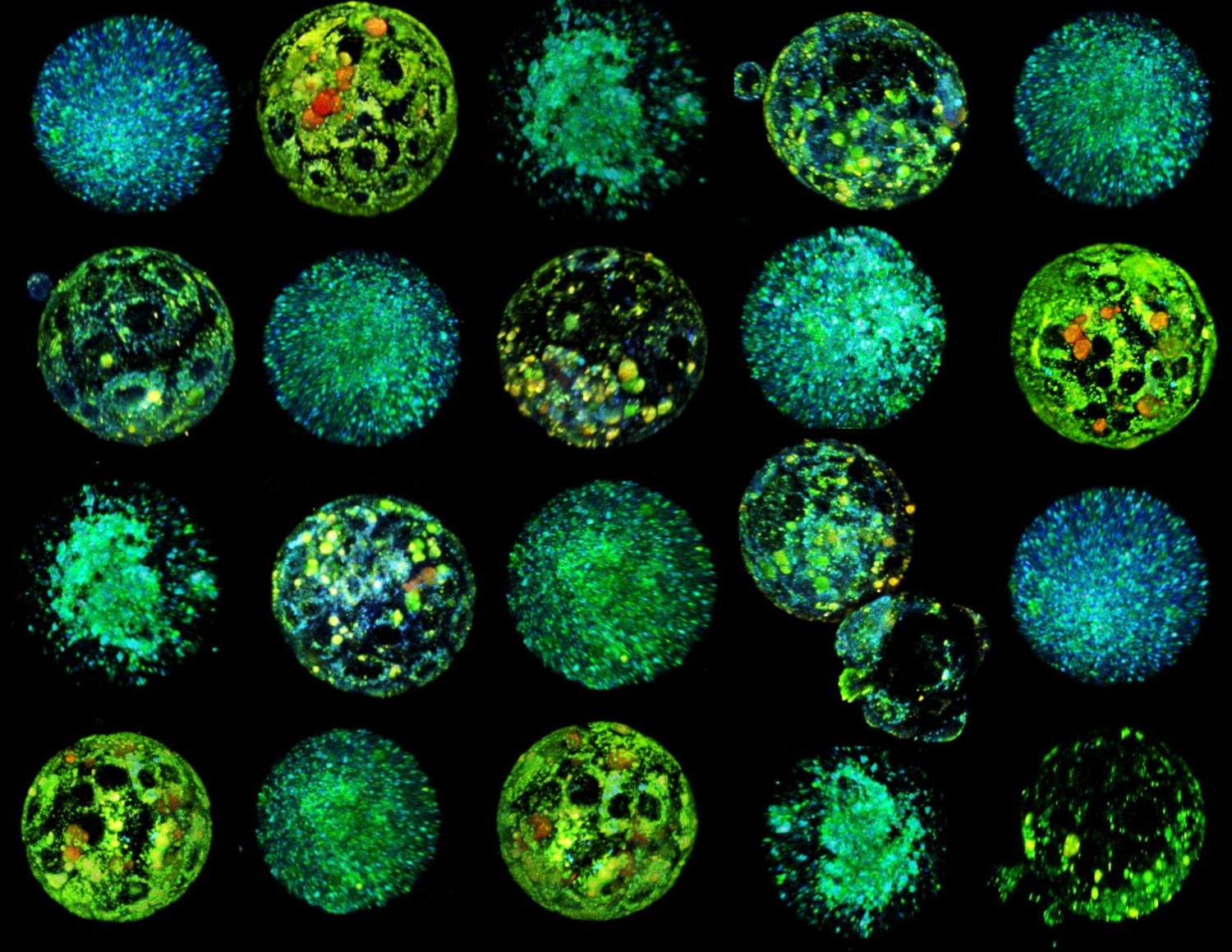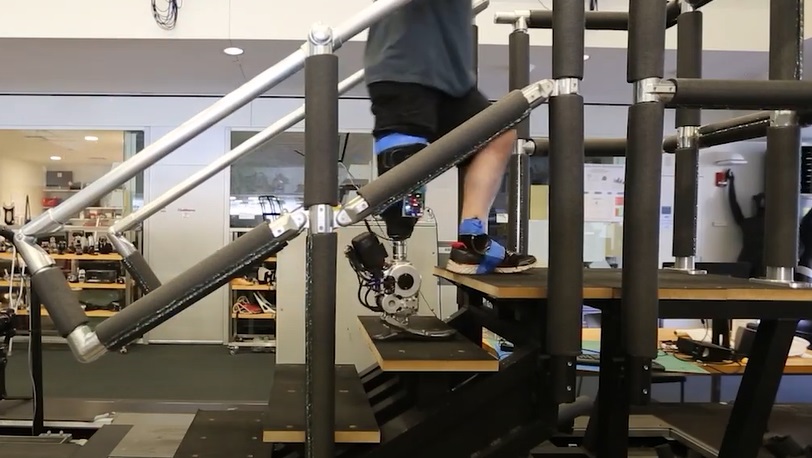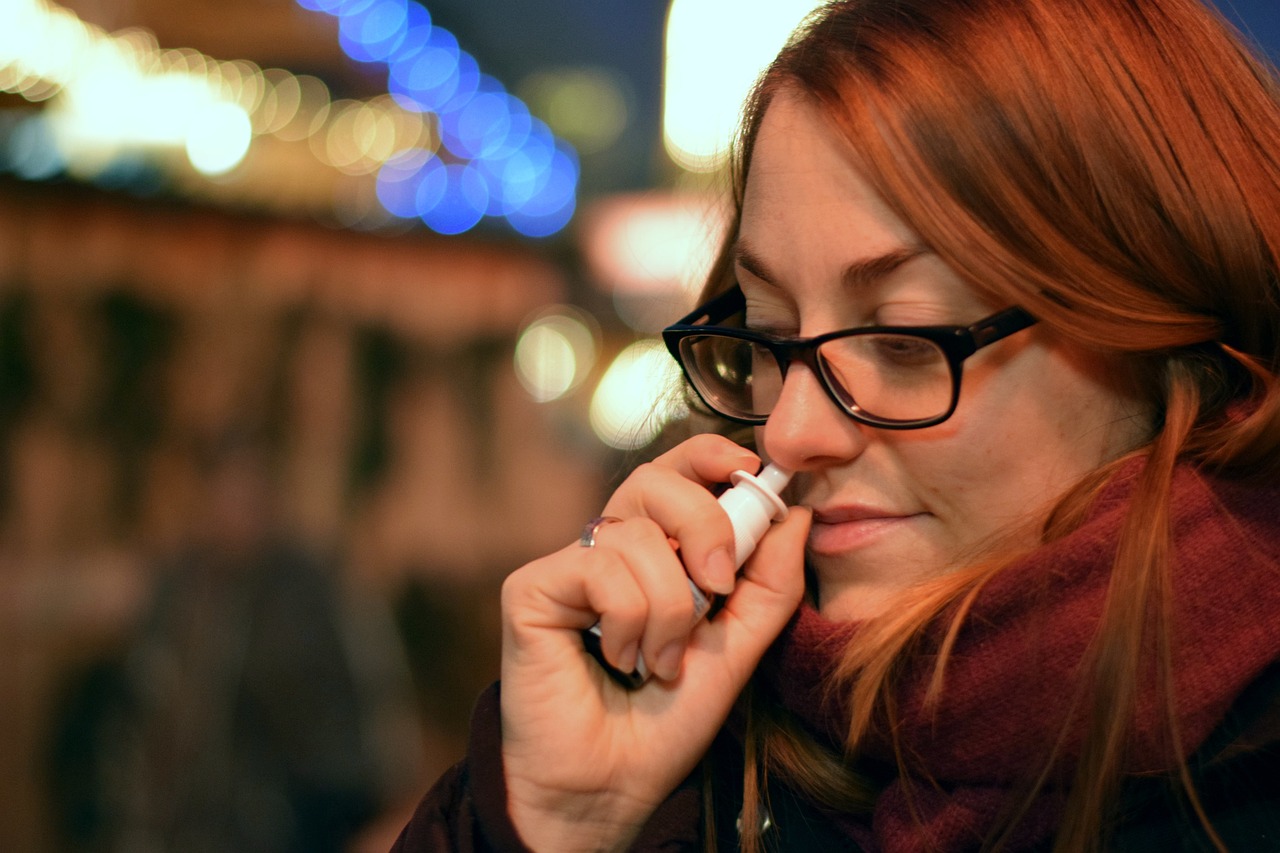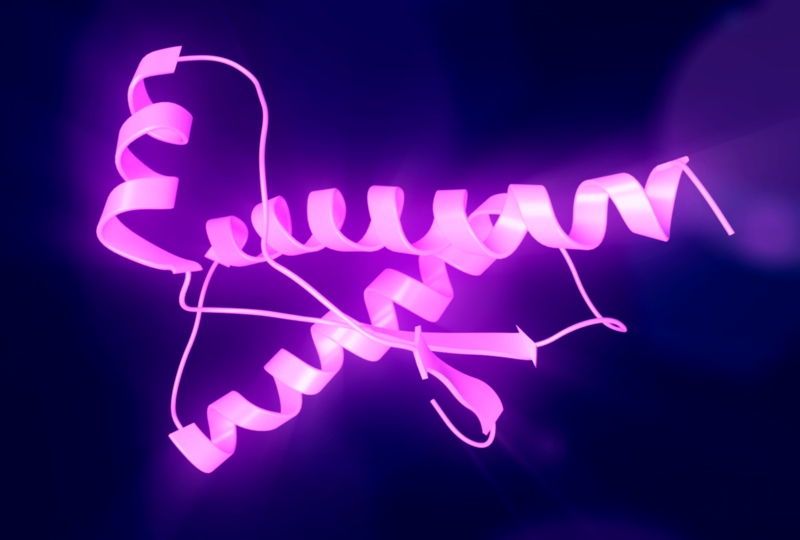The H5N1 avian influenza virus is transmitted between mammals from contaminated cow's milk and reaches the mammary glands
The H5N1 avian influenza virus can be transmitted between mammals, according to a study published in Nature. The research team isolated the virus from the milk of an infected cow in New Mexico (USA) and found that it spreads in mice and ferrets, reaching the mammary glands of both animals. In addition, the virus was also transmitted from infected lactating mice to their offspring. The European Centre for Disease Prevention and Control (ECDC) has issued a press release on Monday recommending increased surveillance for these viruses.
